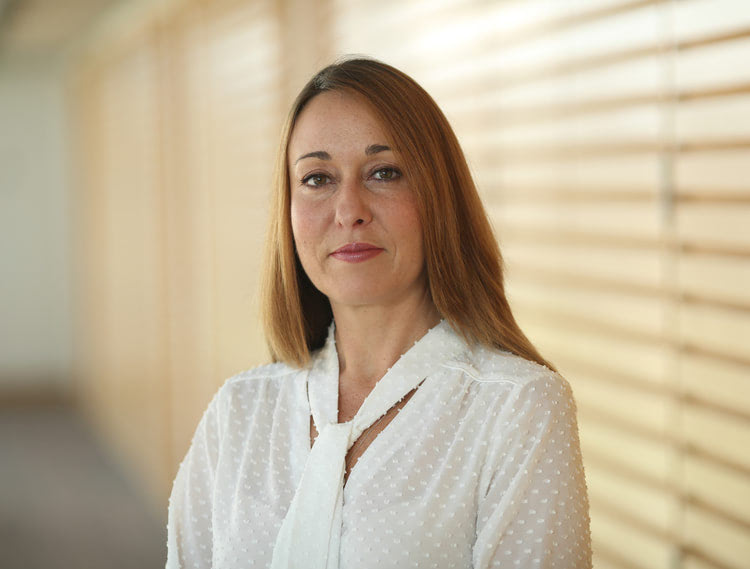CALLS FOR ‘NEW EDUCATION COMMUNITIES OF GOOD PRACTICE’

Louise Doyle, director of Mesma and senior associate at SDN, is calling for ‘new education communities of good practice’, unrestrained by the age or ability of the children or adults being taught.
Speaking today (26th April) at A4E Apprenticeship Ofsted Inspection Conference, she will focus on the common threads and strengths across the education spectrum that can be woven together to build a better system.
Louise will draw on her experience in primary schools, and work in the implementation of the apprenticeship reforms, to tell delegates “…to recognise the inherent differences [in education] but equally to look to the similarities; the strengths we collectively have to build a better system. Not one that is siloed to the labels stuck on at the various stages of education”.
Her experience of inspection in primary schools as a governor over the last 12 months, has provided her with a good grasp of the process, emphasis and direction of travel of Ofsted in schools.
“Innovation can come from looking beyond our usual education boundaries to share ideas and good practice,” she will say. “It’s clear that education faces common challenges but the opportunity to overcome these is there by sharing experiences.
“There are commonalities in the implementation considerations with the removal of curriculum levels in compulsory education in September 2015, and the move away from frameworks being entirely driven by qualifications, to a structure of flexibility with the standards.
“The expectations of Ofsted in both cases are clear; our approach to assessment and overseeing the progress of children and apprentices is not driven by them. It’s up to us to match our assessment policies and procedures to the curriculum we design.
“At times, I have experienced both primary and apprenticeship practitioners looking to external bodies to define this for us because we are used to being imposed upon.
“On-programme assessment for apprenticeships and in-school assessment for children is there to inform teaching and learning and check progress. Demonstrating to Ofsted that we are secure in our capability to do so is important but not the driver.”
Louise Doyle will go onto urge delegates to avoid any over emphasis on preparation for apprenticeship end-point assessment at the expense of teaching and learning.
“We have learnt from this in primary education. It is unsurprising in a system where the outcomes of the children weigh heavily on schools, that some focus so heavily on preparation for SATs in Year 6,” she says.
“We potentially run the same risk of narrowing our focus to the end-point assessment and focusing too heavily on preparing for it. It’s up to us and the wider system to safeguard against this if we are to make a success of end-point assessment.”
Louise Doyle will conclude by telling delegates that she wants tosee people to consider the opportunities to learn from other parts of the education system. One is not better than the other, they certainly aren’t like for like but that doesn’t mean to say we can’t work together.











Responses